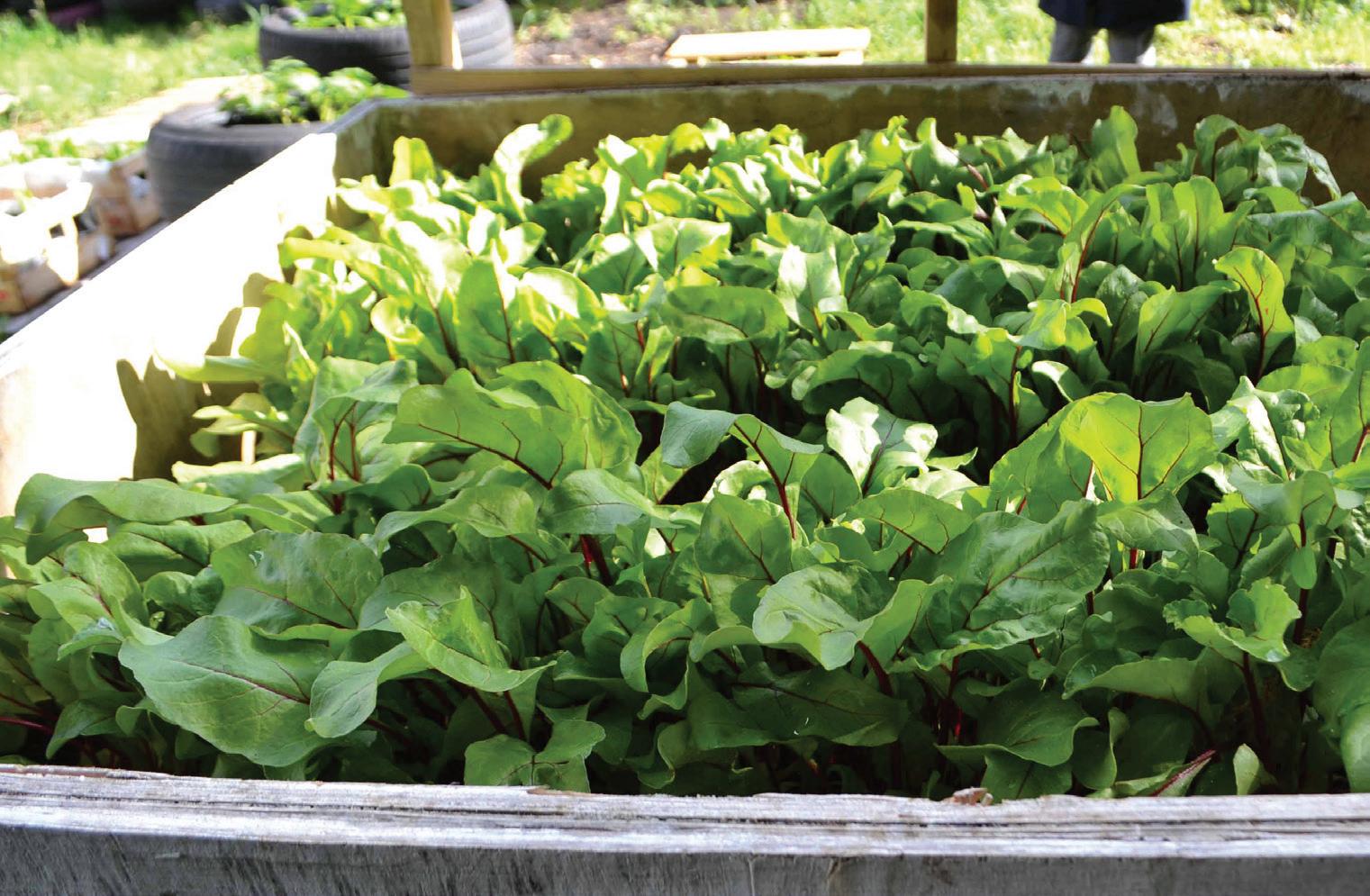Photo: Aurora Tallon, DOT TO DOT project, Glasgow
(e.g., composting waste). Gardeners often collect rainwater in their gardens, which encourages more sustainable human behavior and sensible consumption. Principles of sustainable land use, including permaculture, biodynamic gardening, and the like, are often followed in these gardens. This ensures biodiversity and fights against monoculture farming. Urban gardens also attract animals and insects, and become their habitats. Green gardens reduce heat islands in the city, cool the environment and reduce air pollution. Often urban gardening helps to transform abandoned hard-surfaced areas into green urban islands. Gardening should not endanger healthy ecosystems that already existed there. Benefit to health Urban gardening creates better access to healthy food, which plays an important role in reducing malnutrition and health-related diseases. Better access to food improves nutrition and allows spending more time in the green space. Relationship with nature in the urban landscape has been proven to relieve stress, and the acquisition of 13














